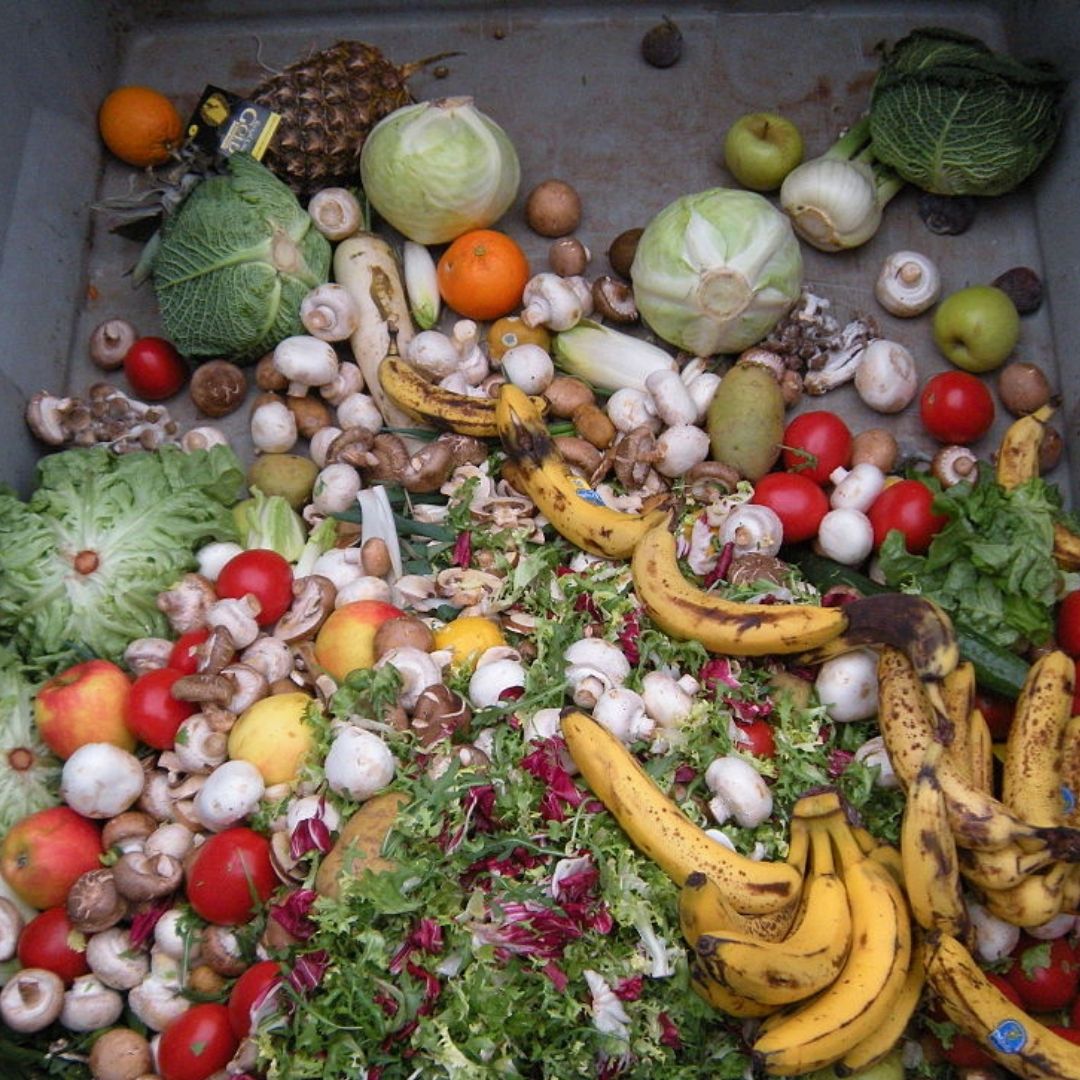
Image Credits: Wikipedia
World Food Day: Indian Households Waste 50 Kg Food Every Year Per Person, Says UNEP Report
Writer: Akanksha Saxena
I am a budding journalist who loves to write stories that have the ability to connect with people.
India, 16 Oct 2021 6:27 AM GMT | Updated 16 Oct 2021 7:30 AM GMT
Editor : Madhusree Goswami |
A mountain girl trying to make it big in the city. She loves to travel and explore and hence keen on doing on-ground stories. Giving the crux of the matter through her editing skills is her way to pay back the journalism its due credit.
Creatives : Akanksha Saxena
I am a budding journalist who loves to write stories that have the ability to connect with people.
Not only does India paint a sorry picture when it comes to contributing to the mammoth food wastage problem, its ranks slipping in the Global Hunger Index raises serious questions as well.
World Food Day is celebrated each year on October 16 to raise awareness about issues ranging from food wastage, hunger and sustainability to the importance of consuming healthy and nutritious food. Food is the primary source of our existence on this planet. Therefore, it is an obvious fundamental right to have access to the same. However, there are several countries where food insecurity is high, resulting in fatal health problems especially among young children.
A major part of this problem is food wastage. Even today, millions of houses around the world throw their remaining food in the bin and contribute to this issue each every year. According to the Food Waste Index Report that was published by the United Nations Environment Programme (UNEP) in March this year, 931 million tonnes of food, or 17 per cent of it available to us found itself in the waste bins in 2019. Not only that, the annual average wastage amounts to 121 kg per person.
India And Food Wastage
The report also estimated the amount wasted by countries around the world as well. When it comes to South Asia, it showed that around 50 kg of food wastage came from Indian households per year. It is low when compared to its neighbours Pakistan (74 kg), Afghanistan (82 kg), Nepal (79 kg), Bangladesh (65 kg) and Sri Lanka (76kg). Along with this, the Food and Agricultural Organisation (FAO) stated that around 40 per cent of the food produced in our country goes to waste because of faulty systems that have an impact on the supply chains.
As stated by India Foodbanking Network, a lot of food wastage occurs during distribution as well. A massive amount of food grains get wasted in warehouses due to excess production, labelling errors, shorter shelf life, etc. Therefore, the problem still plagues our country as it occurs in both consumption and distribution levels in our country.
Food wastage has a detrimental impact on our environment. A lot of the waste that ends up in the landfills, contributes to emitting 8 out of the 10 harmful greenhouse gasses that result in climate change and global warming.
Dip In Global Hunger Index
Recently, India dipped from 94 to 101 in the Global Hunger Index. The country's score at the moment is 27.5, which puts it in the serious or 'alarming' category. At the moment, 14 per cent of our population still suffers from malnutrition. Twenty per cent of children under the age of five are underweight as well. Such children are prone to diseases such as malaria, pneumonia, etc, that prove to be fatal eventually. Around 51.4 per cent of women in the reproductive age become anaemic as well.
While the Centre has slammed the index, it still raises uncomfortable questions. Indeed, a drastic transformation is the need of the hour to battle food wastage that, in turn, can prove beneficial in many ways. The class divide also shows blatant discrepancies as many families still do not have access to basic resources, that includes food.
As a country, everybody has to join hands to fight food wastage that could reduce hunger and save our environment as well.
Also Read: A Downward Slide! India's Ranks Slips By 7 Spots To 101 On Global Hunger Index
 All section
All section














